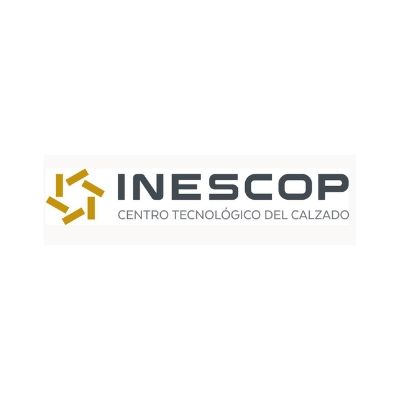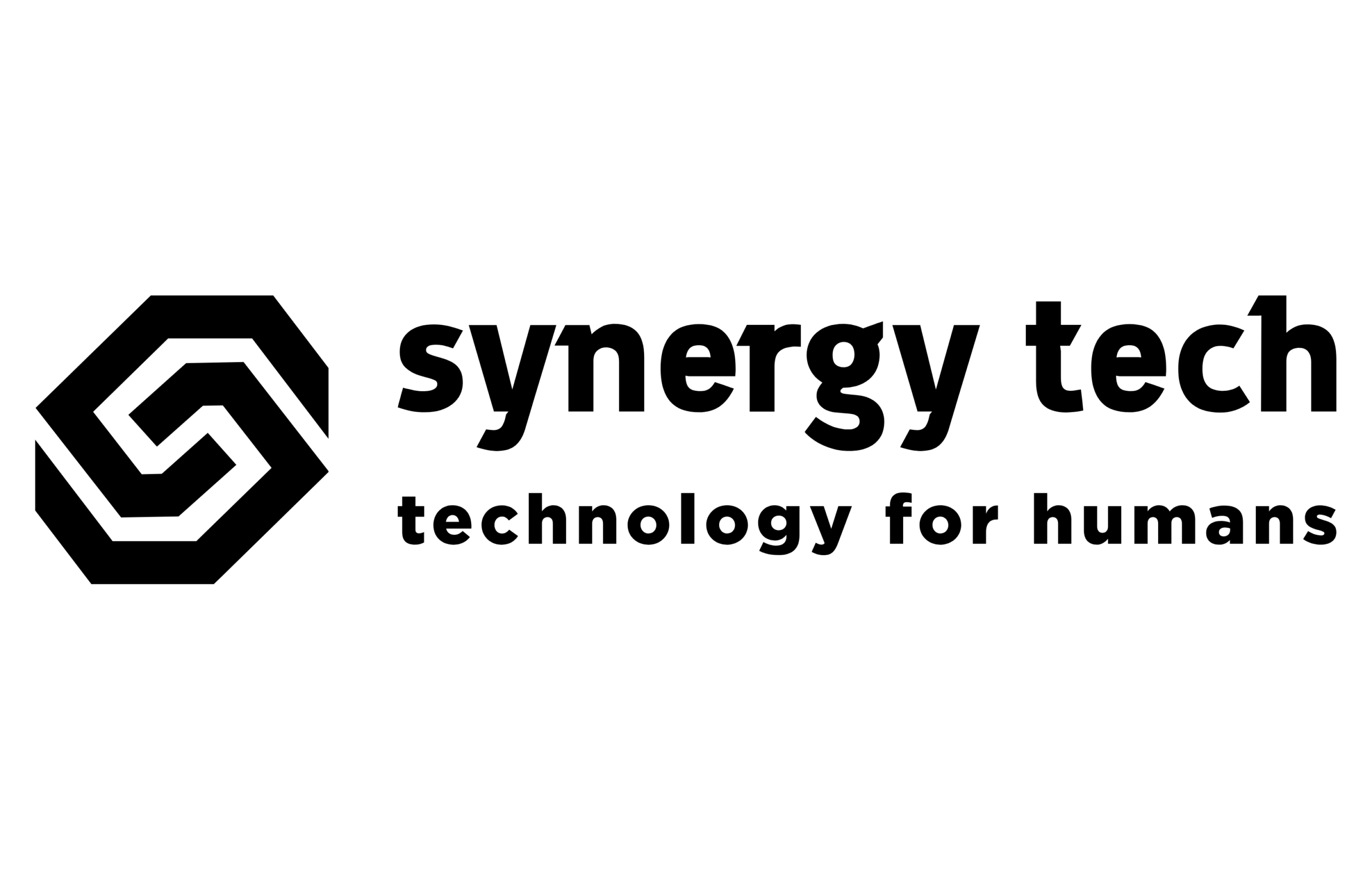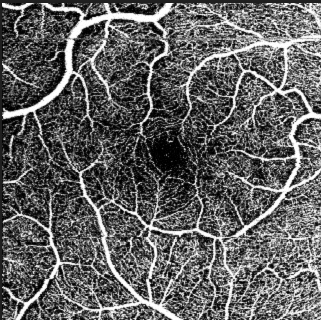Transforming perception into action — join RoVIT in redefining the boundaries of intelligent technology.
projectsCheckout our latest projects
Detección de eventos en pádel
Consultoría para el análisis del punto de partida, definición de casos de uso y redacción del documento de especificaciones técnicas del Gemelo Digital Rodes
Uso de la inteligencia Artificial como Herramienta Clínica para Predecir la Aparición de Retinopatía Diabética Mediante el Uso de Imágenes de Tomografía de Coherencia Óptica (OCT) y Angiografía por Tomografía de Coherencia Óptica (OCTA).
Meebai: Una metodología para la educación consciente de las emociones basada en la inteligencia artificial
faqEverything you need
to know about
Artificial Intelligence (AI) is the field of computer science that focuses on creating systems capable of performing tasks that normally require human intelligence, such as learning, reasoning, perception, and decision-making.
AI enhances education through personalized learning, improves architecture with smart design tools, powers robotics with perception and decision-making, and advances healthcare with better diagnosis and treatment. Our goal is to harness the power of AI to optimize each field.
AI is automating repetitive and routine tasks, which can optimize the manual labor. Thus, it creates new opportunities by helping people work more efficiently and focus on creative, analytical, or interpersonal tasks that machines can’t easily do. Definitely, AI is transforming jobs and empowering people rather than replacing humans.
Nice! We will love to hear about it and see to what extent we can collaborate to make it happen. Please, get in touch with us as soon as possible using the form below!
Collaborators











get in touchWe are always ready to help you and answer your questions
Whether you are interested in doing your TFG or TFM with us, as well as if you want to do a doctoral thesis, a stay in our lab or you are a company looking for a solution to any challenge related to AI, contact us and we will get in touch with you as soon as possible.
Universidad de Alicante
Ctra. San Vicente, S/N
E-03690 San Vicente del Raspeig (Alicante)
Spain




